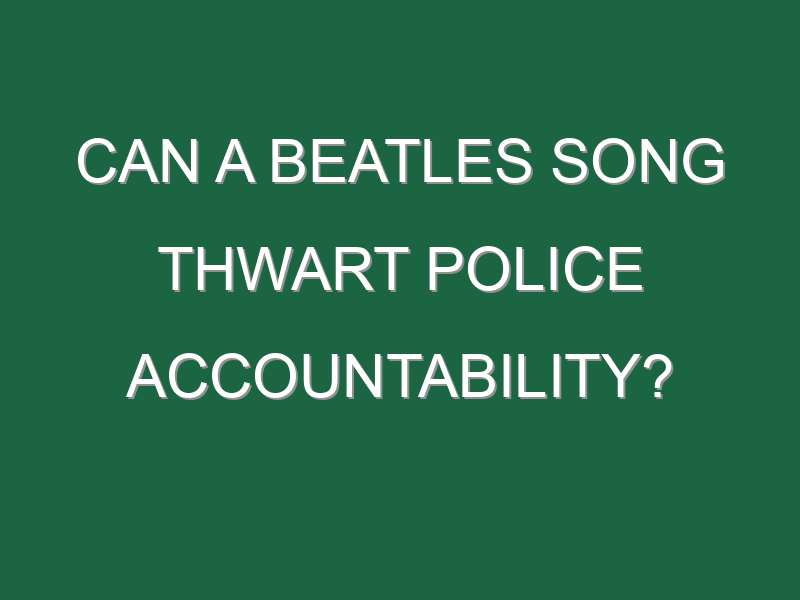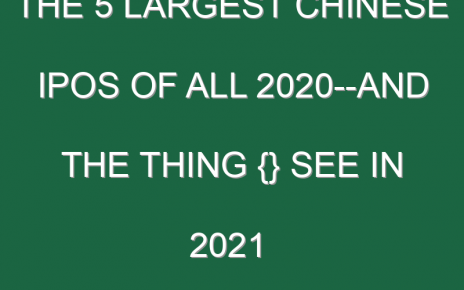This is the web version of Data Sheet, a daily newsletter on the business of tech. Sign up to get it delivered free to your inbox.
Surrounded by machine learning-fueled facial recognition systems, autonomous security drones, and a network of biometric collecting sensors, the protagonist of your average cyberpunk novel knows how to take steps to avoid being seen. In William Gibson’s 2010 novel Zero History, the plot revolves in part around a pattern on clothing that thwarts surveillance camera recording. It’s since become a real thing, as often happens with Gibson’s technological musings.
But hacking surveillance in our present day can take many forms, some decidedly low-tech.
Video platforms like YouTube and Instagram all have a common feature: automated systems that limit uploads of popular music. In the name of copyright protection, a video featuring a hit song may be blocked, muted, or demonetized.
Those systems derive from the music industry’s earlier efforts to ensure artists and record labels got paid whenever a song appeared in a TV show, movie, or, most recently, podcast. There’s a hilarious episode of 30 Rock where Tracy Jordan sings to the tune of Billy Joel’s “Uptown Girl” in an effort to avoid being included in a reality TV show.
And in some dystopian mashup of 30 Rock and William Gibson, Vice News has a report on some officers of the Beverly Hills police department. Annoyed that a local activist was filming them and posting the videos to Instagram, the officers developed a strategy to thwart the uploads: They loudly played pop songs off their phones whenever an activist showed up. Copyrighted songs like Sublime’s “Santeria” and “In My Life” by The Beatles. (The department says the action “is not a procedure that has been recommended” and that it is reviewing the situation.)
It’s a worthy reminder that as much as the use of technology influences society, society’s rules also influence how technology can be used. For good and ill.
Aaron Pressman
@ampressman
[email protected]




